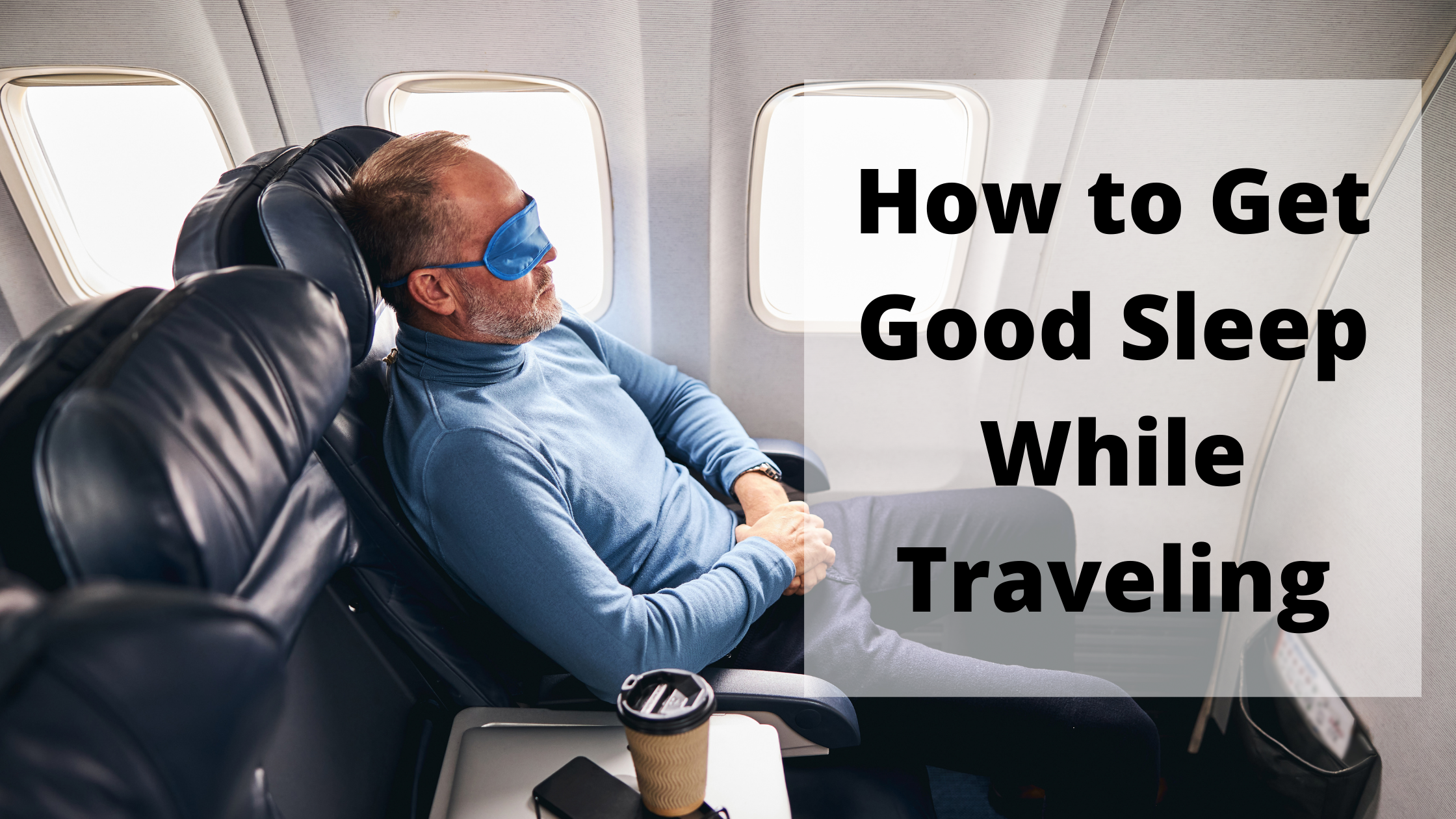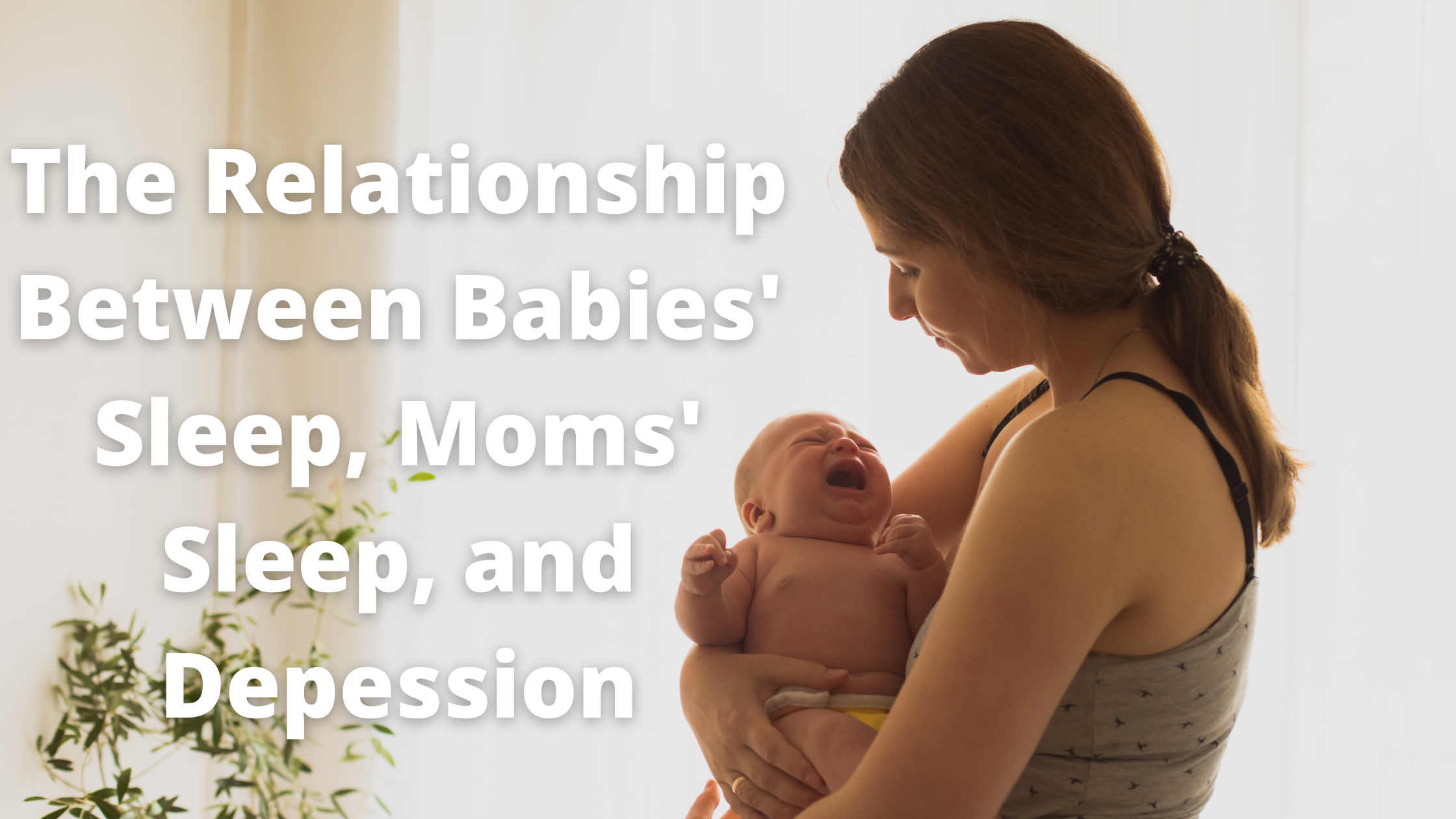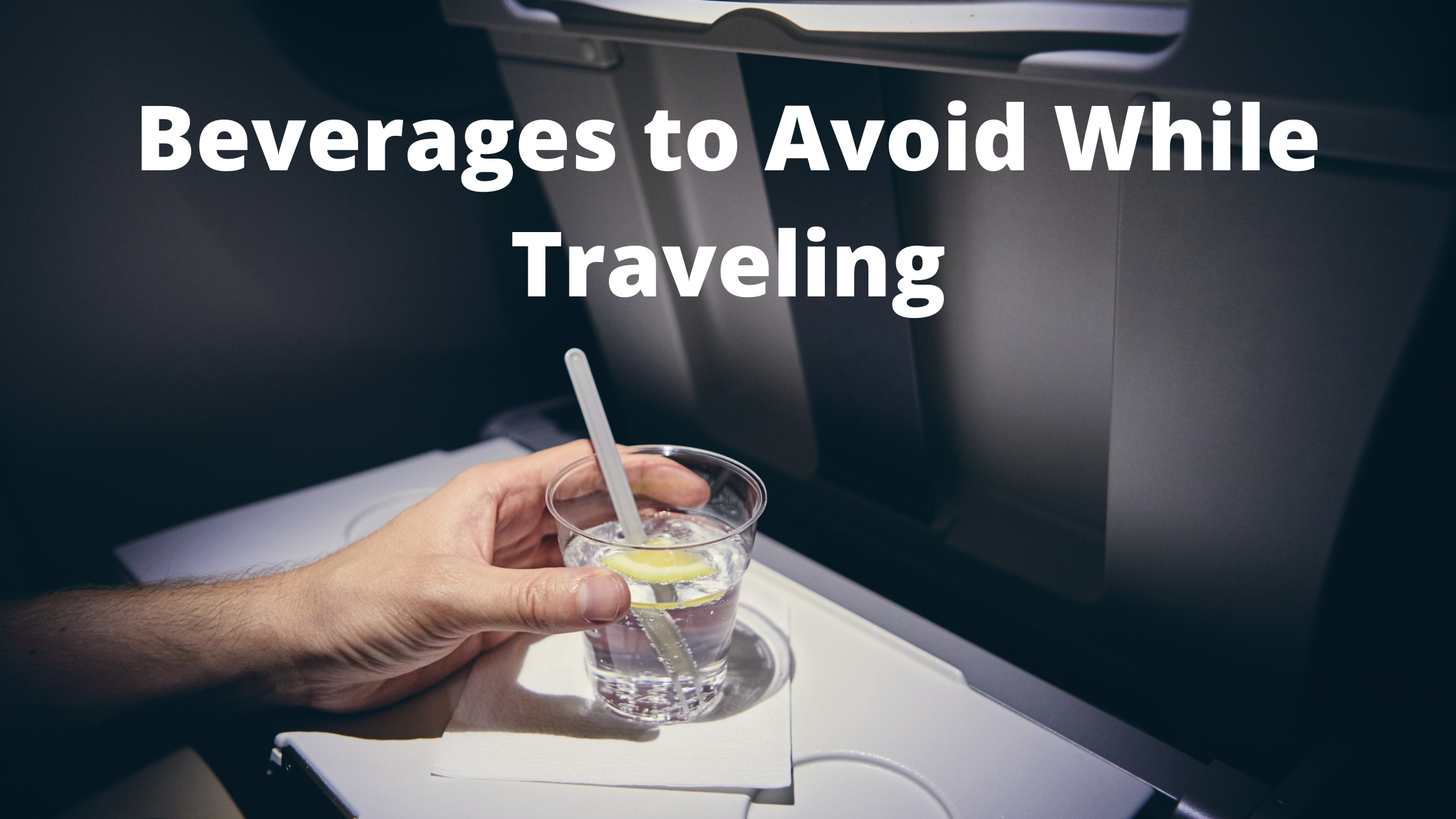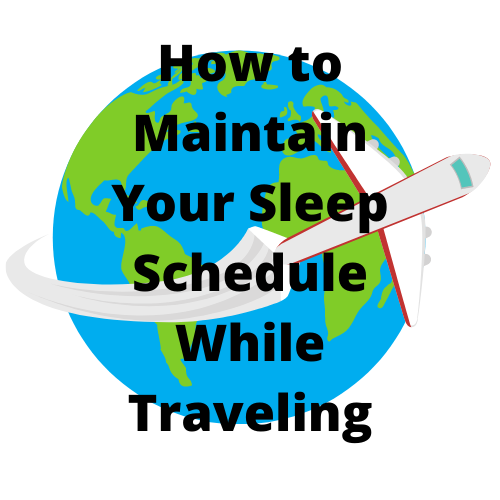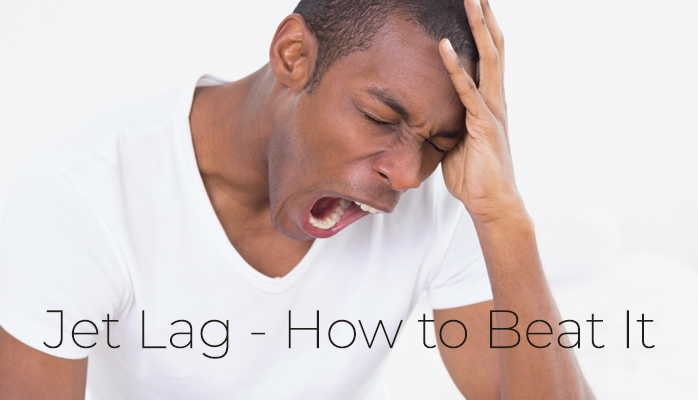As cold and flu season approaches, it's important to understand the important role that sleep plays on our immune system. Some infections are getting more and more resistant to the medications we have and are getting more difficult to treat. Certain strains of bacteria, viruses and fungi are so mutated and resistant to our medications that they are referred to as superbugs.
Superbug infections kill almost a million people every year, and it causes more than 2.8 million cases in the US every year with 35,000 deaths. These numbers can only grow as these bugs become more and more resistant.
Some of the most common are carbapenem-resistant enterobacteriaceae klebsiella and methicillin-resistant staphylococcus aureus (MRSA). They post a threat to daily life and are especially dangerous to those with suppressed immune systems - autoimmune diseases, chemotherapy, etc.
Sleeping may be one way that we can help ward off these superbugs. Continue reading for more information.


